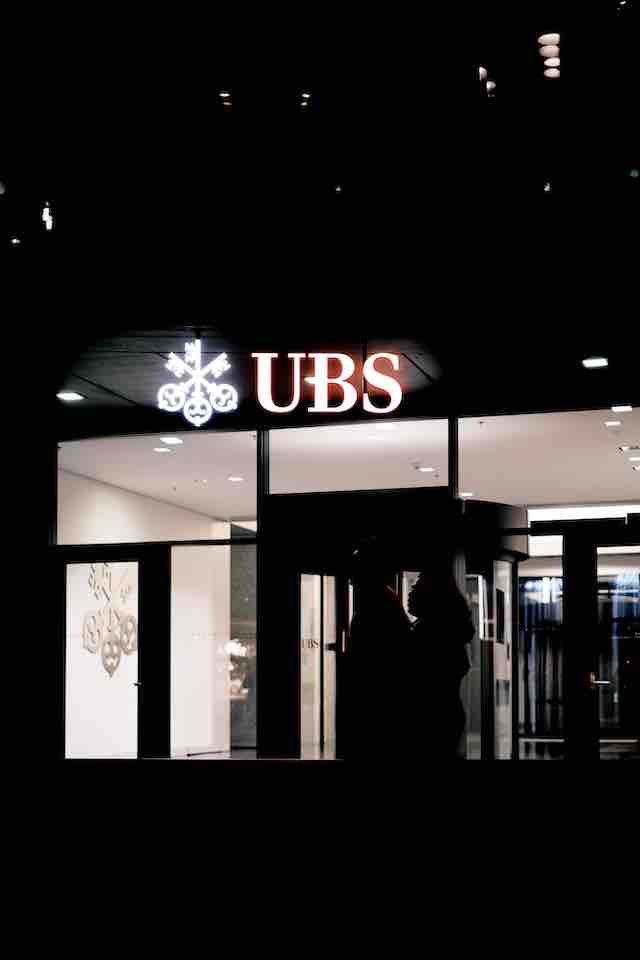The global financial landscape has been shaped by a series of pivotal events, with the 2008 financial crisis standing out as a watershed moment. One of the reverberations of that crisis has resurfaced recently as UBS, a prominent financial institution, has agreed to pay a staggering $1.4 billion settlement in a fraud case involving residential mortgage-backed securities (RMBS). This article delves into the details of the case, its implications, and the broader lessons it holds for the financial industry.
Understanding Residential Mortgage-Backed Securities:
Residential Mortgage-Backed Securities (RMBS) are financial instruments that allow banks and lending institutions to bundle together individual mortgage loans and sell them to investors as securities. This process, known as securitization, aims to mitigate risk for lenders while providing investors with an opportunity to earn returns from mortgage interest payments. However, the complexities of securitization also brought forth a range of challenges, including potential fraud.
The UBS Case in Focus:
The recent settlement involves UBS, a major player in the financial sector, and its alleged involvement in fraudulent activities related to RMBS. The case revolves around accusations that UBS misled investors by misrepresenting the quality of mortgage loans underlying the securities they sold in the years leading up to the financial crisis. As the housing market collapsed, these securities lost significant value, leading to substantial losses for investors.
The Significance Amidst the Financial Crisis Fallout:
The financial crisis of 2008 shook economies worldwide and exposed the vulnerabilities within the global financial system. One of the key triggers of the crisis was the collapse of the housing market, fueled in part by the rapid decline in the value of mortgage-backed securities. The UBS settlement serves as a reminder of the far-reaching consequences of actions within the financial industry and their potential to impact global economies and investor confidence.
Lessons in Regulatory Compliance and Ethical Conduct:
The UBS settlement highlights the importance of regulatory compliance and ethical conduct within the financial sector. Regulatory authorities play a crucial role in safeguarding the integrity of financial markets, and cases like this emphasize the need for robust oversight to prevent fraudulent activities that could undermine investor trust.
Impact on Investor Confidence:
Investor confidence is the bedrock of financial markets. Instances of fraud, misrepresentation, or unethical behavior erode this confidence, leading to hesitant investment decisions that can hinder economic growth. The UBS case serves as a stark reminder that maintaining transparency, adhering to ethical standards, and upholding the interests of investors are paramount for the sustainability of the financial industry.
The UBS settlement serves as a significant event within the broader narrative of the financial crisis and its aftermath. While the $1.4 billion settlement is a significant financial penalty, its impact extends beyond monetary terms. It underscores the need for the financial sector to operate with integrity, transparency, and accountability to ensure the stability and confidence of global markets. As regulatory authorities continue to monitor the industry, this case stands as a reminder that the lessons of the past must guide the actions of the future.












